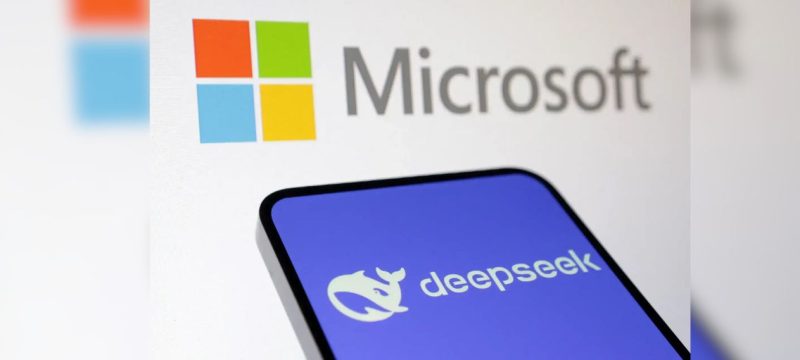Microsoft has officially banned its employees from using the Chinese artificial intelligence app DeepSeek, citing significant concerns over data security and potential propaganda, as revealed by Vice Chairman Brad Smith during a testimony to the U.S. Senate.
The company also confirmed that DeepSeek will not be made available in its app store, further reflecting growing caution toward Chinese AI platforms amid ongoing geopolitical tensions. Smith explained that DeepSeek stores user information on servers located in China, raising alarm under China’s strict intelligence laws, and warned of the possibility that the app’s AI outputs could contain misleading or manipulated content.
Read more: Apple’s AI Search Move in Safari Delivers Fresh Blow to Google’s Dominance
Although Microsoft had previously hosted DeepSeek’s open-source R1 model via its Azure cloud platform, Smith clarified that this was only after the model had undergone intensive “red teaming” to remove any potentially harmful or biased information.
This development marks a clear pivot in Microsoft’s approach to artificial intelligence governance, emphasizing tighter controls over data privacy and adherence to global regulatory standards.
Microsoft’s Azure cloud platform, which now contributes to 30% of the company’s revenue, is increasingly being positioned as a trusted solution for businesses concerned about data exposure and cross-border compliance issues.
The decision to ban DeepSeek also fits into Microsoft’s broader overhaul of its cloud infrastructure strategy. Analysts have noted that the company has recently pulled out of hundreds of megawatts in U.S.-based data center leases, signaling a shift toward more flexible and region-specific infrastructure.
For investors, the move underscores both the risks associated with global political friction and Microsoft’s adaptability. Despite these challenges, the tech giant has seen a 15% stock increase so far this year—highlighting continued confidence in its long-term AI and cloud roadmap.









